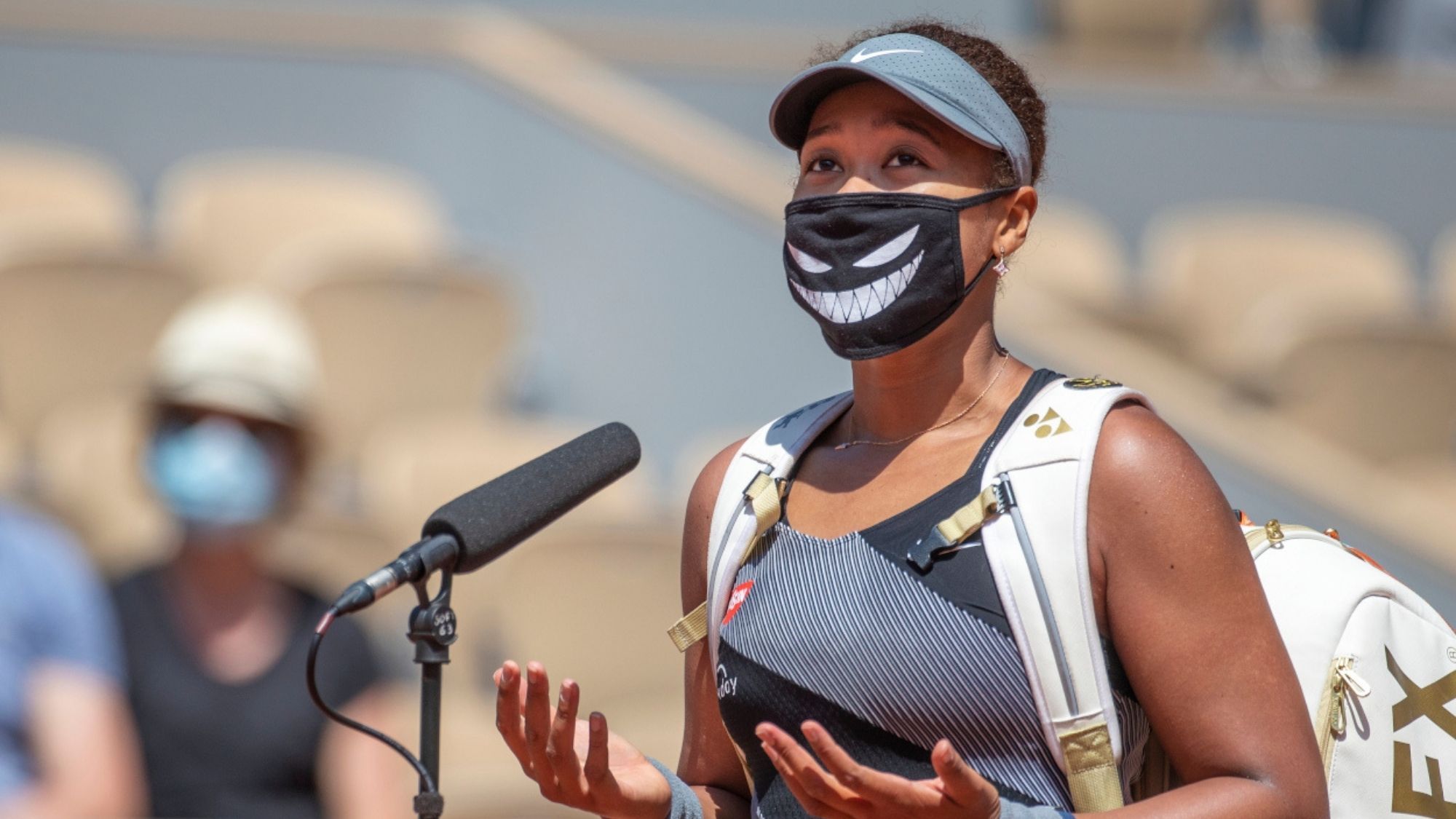While it is clear that the relationship between sports and media is a symbiotic one, it could be more difficult for an athlete with anxiety to face the press and be bombarded with questions about their form, especially after a bad day.
THE shocking withdrawal by Naomi Osaka from the French Open could be aseminal moment in tennis and for the conversation ofmental health in sports.
Naomi Osaka,the 23-year-old, No. 2-ranked tennis player in the world, announced last Wednesday on social media that she would not participate in the mandatory media interviews at Roland-Garros 2021. (See also: Depressed and stressed ; Naomi Osaka withdraws from French Open )
Her stunning withdrawal from the French Open is directly addressed to concerns about the players’ mental health.
The move comes after the FFT (French Tennis Federation) combined with the tennis associations of the US, UK and Australia, threatened to expel Osaka from their respective tournaments if she continues down her chosen path.
While opinion is still divided on her move, the 4-time Grand Slam champion has received support from some of her more empathetic peers.
Simply providing more stock to Naomi Osaka's allegations that they are less than considerate of the mental health of athletes, it seems that the tennis world has exerted enough collective peer pressure on the Japanese star to force her to pull out of the French Open 2021.
After some public bashing (that did not earn them any points with fans whatsoever) and a barrage of criticism from the media, many believe that Osaka's words have been vindicated when she said that she wouldn't be doing any press conferences because of their predatory nature.
An official statement by the FFT mentioning that they reached out to Osaka to see what they could do to make her time on the tour easier misses the main point, which is that they already knew what she needed but failed to give it to her.
While the ATP side of the tour has been open in their antagonism of the decision, Osaka has gotten great support from the women's circuit - including Serena Williams and young Coco Gauff.
Another section of athletes that came out in support of her are the men of the NBA - who have similar clauses in their contracts.
WNBA star Liz Cambage of the Las Vegas Aces also tweeted her support for the young tennis ace.
There should be a way to find common ground with Osaka, or any athlete, a way to figure out how to make sure these press events are designed to be less taxing and more accommodating, especially to someone who is openly saying they are struggling with mental health.
But the response from tournament officials have made the possibility of striking common ground feel unlikely.
While many have suggested that Osaka could have shown up to the press conferences and not said anything, a tactic many players resort to, her bold stand on the issue may actually lead to changes in media-sportsperson interactions.
While it is clear that the relationship between sports and media is a symbiotic one, it could be more difficult for an athlete with anxiety to face the press and be bombarded with questions about their form, especially after a bad day.
Instead, it has led to one of the sadder moments in recent sporting history and will forever remain a blot on the French Open.
The move will leave the French Open without one of the most marketable stars in the women's draw and perhaps prompt them to begin a dialogue with players regarding this issue. (NP)
Tags: #mentalhealth, #NaomiOsaka, #FrenchOpen
